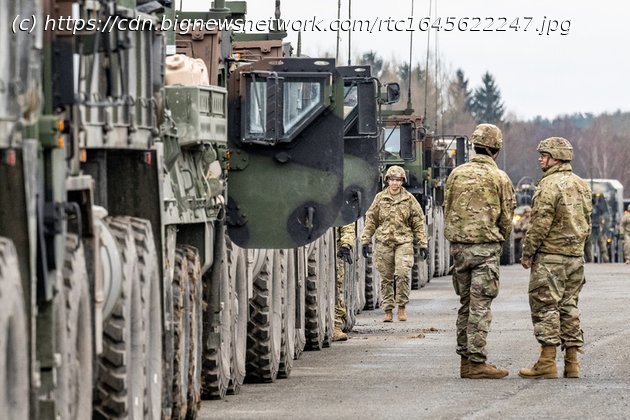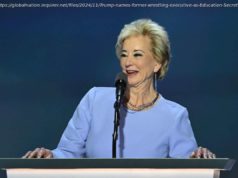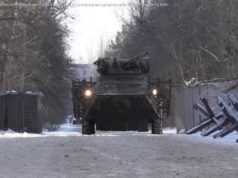What passes for expertise on Russia in the US today is corrupted by partisan politics which distorts fact-based analysis The US used to p
What passes for expertise on Russia in the US today is corrupted by partisan politics, which distorts fact-based analysis The US used to produce experts on Soviet and Russian affairs like Jack Matlock. Today we get the likes of Michael McFaul. The decline of popular interest in Russian-area studies, combined with intellectual laziness on the part of the average US citizen, is to blame. On February 21, Russia’s President Vladmir Putin gave what will most likely go down in history as one of the most important speeches in modern history. It was a brutally honest example of how current events are shaped by the forces of history. What is important about this speech isn’t so much the content-that is now part of the historical record-but rather how it was absorbed and interpreted by those who watched it. As an American imbued with more than a little first-hand insight into Russian affairs, I have been struck by the inability of the American people to comprehend the historical foundation of Putin’s speech. It is not my place to either attack or defend the details put forward by the Russian president. I would hope, however, that my fellow citizens would be able to engage in an informed, intelligent, and rational discussion about the speech, given the immense geopolitical ramifications attached to it. Unfortunately, the average American, lacking both the intellectual training and the critical resource of time, is ill-equipped to participate in such an exercise. Instead, they have subordinated this task to a category of public servant known as the « Russian expert. » Under normal circumstances, one might find the existence of such a class a relief; after all, Americans are willing to entrust their financial security to « financial managers. » Why not surrender the intellectual machinations required to make sense of something as complex as Russian affairs and all that topic entails to the hands of the specialists, men and women schooled in the history, economy, culture, and language of Russia? This isn’t the first time Americans have been called upon to entrust critical Russia-related analysis and the decision-making derived therefrom to so-called « experts. » From 1945 through 1991 the US and Soviet Union were engaged in a massive geopolitical conflict known as the Cold War. I happened to be an eyewitness to the final years leading up to the collapse of the Soviet Union, and to a speech which, in its own way, was as impactful as the one given by Vladimir Putin this week. On June 28,1988, I was in the second week of work as a member of the advanced party of US inspectors dispatched to the Soviet city of Votkinsk, located about 700 miles (just over 1,000km) east of Moscow, in the foothills of the Ural Mountains. Our job was to work with our Soviet colleagues to make the necessary preparations to receive the main body of 25 inspectors scheduled to arrive on July 1,1988, when portal monitoring operations began, a month after the Intermediate Nuclear Forces (INF) treaty entered into force. On that date, we would begin our treaty-mandated task of monitoring the activities of the Votkinsk Missile Final Assembly Plant, located some 12 kilometers outside the city of Votkinsk, to make sure the Soviets no longer produced ballistic missiles that had been banned under the terms of the treaty. The advance party was billeted in a well-kept Dacha situated in the woods on the outskirts of the city. Built to house the former Minister of Defense Dmitry Ustinov and his entourage during their frequent visits to Votkinsk, the Dacha was equipped with a well-stocked kitchen, a pool table, and a lounge where one could watch Soviet television. On the evening of June 28, I was surprised to find my Soviet hosts gathered around the television screen. That evening, Mikhail Gorbachev, the General Secretary of the Communist Party of the Soviet Union (CPSU), had convened the 19th All-Union Conference of the CPSU. At first blush, I gave the event no thought-just another communist party « yes » fest with officials falling over each other in fawning admiration of a totalitarian leader. I said as much to one of my hosts, an official from the Ministry of Foreign Affairs.






